A recent report by the Foreign Correspondents’ Club of China (FCCC) has shed light on the increasing surveillance and harassment faced by foreign journalists working in China. The report, based on a survey of FCCC members, reveals that Chinese authorities are employing advanced technology, such as drones and social media monitoring, to keep a close eye on foreign media workers, reports RFA.
Widespread Interference and Harassment
According to the FCCC report, a staggering 80% of journalists surveyed have experienced “interference, harassment or violence” while attempting to carry out their duties in China over the past year. Local governments are increasingly relying on technology to track the movements and activities of foreign media workers.
One European journalist recounted their experience while reporting on the Yangtze River dolphin at Poyang Lake: “We were followed by multiple cars with plainclothes individuals inside. At one point, the plainclothes individuals appeared to use a drone when a blocked sandy road prevented them from getting closer by car.”
High-Tech Surveillance Tactics
The use of drones to monitor journalists appears to be a common tactic employed by Chinese authorities. Another European journalist reported a similar experience while covering extreme weather events linked to climate change in two provinces.
“We were followed by multiple carloads of plain clothes officers. Drones were sent out to follow and observe us when we got out of our vehicle to film/collect interviews. When we moved on foot to a spot, the drones would follow us.”
Respondents also expressed concerns about the compromise of their communication devices and apps, with 81% suspecting their WeChat had been compromised, 72% believing their phones had been targeted, and some even suspecting the presence of audio recording bugs in their offices or homes.
Shrinking Space for Reporting
The constant surveillance and adaptability of the Chinese security system have made reporting in China an “endless cat-and-mouse game,” according to one journalist with a European newspaper.
“Whatever strategies you use, the space for reporting keeps getting smaller and smaller.”
Foreign reporters with years of experience in China, such as Lok, have come to expect their communications apps to be monitored at all times.
“I was talking about an issue with a friend here [in mainland China] … and may have mentioned it on WeChat,” Lok said. “Later, he was called in by the Police to ‘drink tea’ – a euphemism for being called in for questioning.”
Comprehensive Digital Surveillance
The Chinese government’s digital surveillance methods are comprehensive and far-reaching. Wong, a Hong Kong journalist, described them as “a dragnet, in which every move the target makes is visible to them.”
Huang Chao-nien, an assistant professor at Taiwan’s National Chengchi University, noted that the government has long used online surveillance to target journalists, forcing tech companies to cooperate with the government in carrying out political surveillance and controls on public speech.
Obstruction and Threats
More than half of the journalists surveyed reported being “obstructed” at least once by police or other officials, while 45% encountered obstruction by unidentified persons. Some were warned not to join the FCCC, as it was deemed an “illegal organization,” while others were threatened with non-renewal of their visas and work permits if they didn’t comply with the authorities’ demands.
Sensitive Areas and Expanding Definitions
Reporting from regions deemed sensitive by Chinese officials proved to be even more challenging, with 85% of journalists experiencing problems while attempting to report from Xinjiang in 2023. The definition of “sensitive” areas appears to be expanding, with an increasing number of journalists encountering issues in regions bordering Russia (79%), Southeast Asian nations (43%), and ethnically diverse regions like Inner Mongolia (68%).
The FCCC report paints a troubling picture of the growing surveillance and harassment faced by foreign journalists in China. As Chinese authorities continue to employ advanced technology and tactics to monitor and control foreign media workers, the space for free and independent reporting in the country is rapidly shrinking.
The international community must remain vigilant and advocate for the protection of press freedom and the rights of journalists working in China.
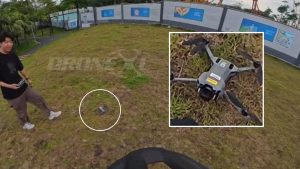









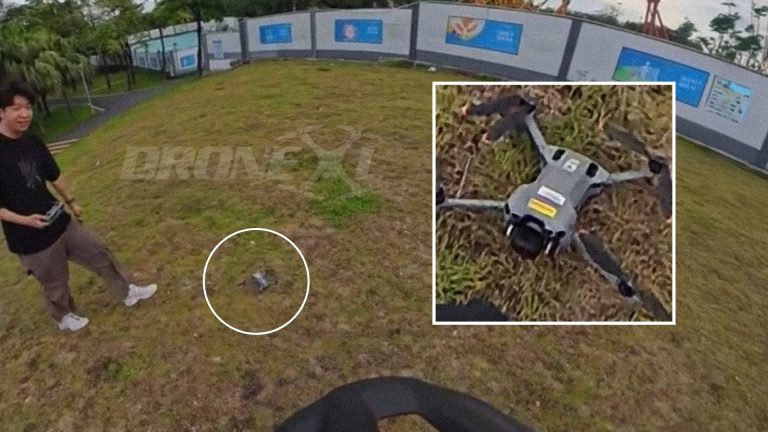

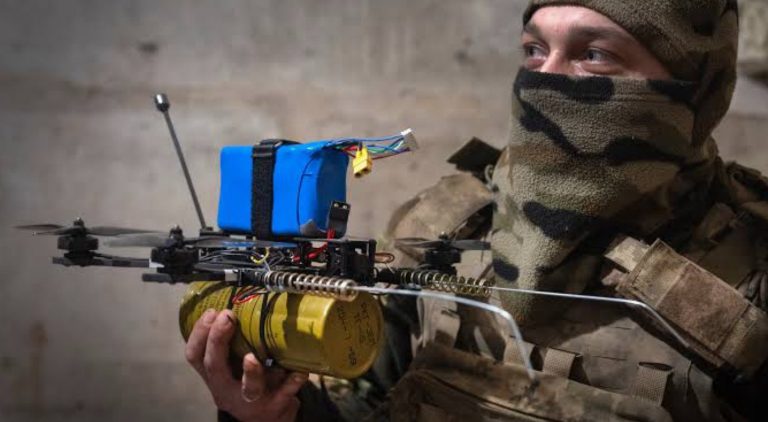


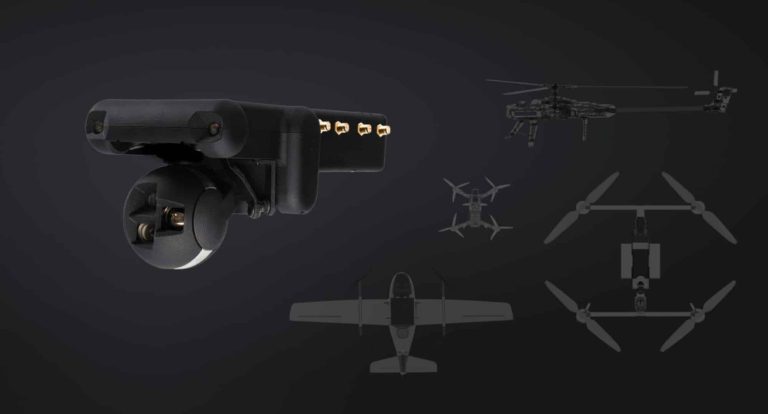
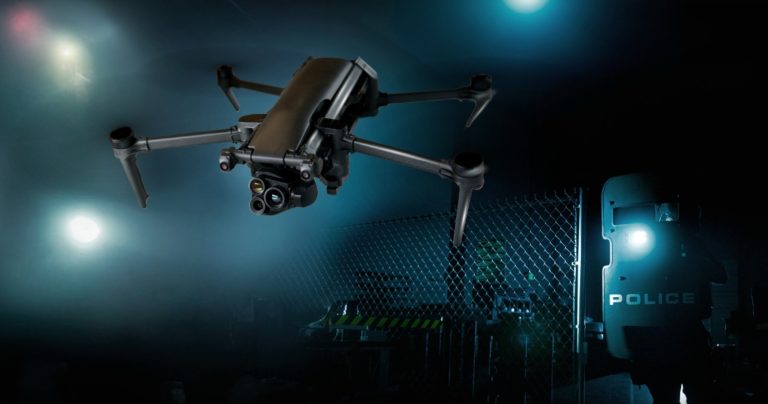



+ There are no comments
Add yours